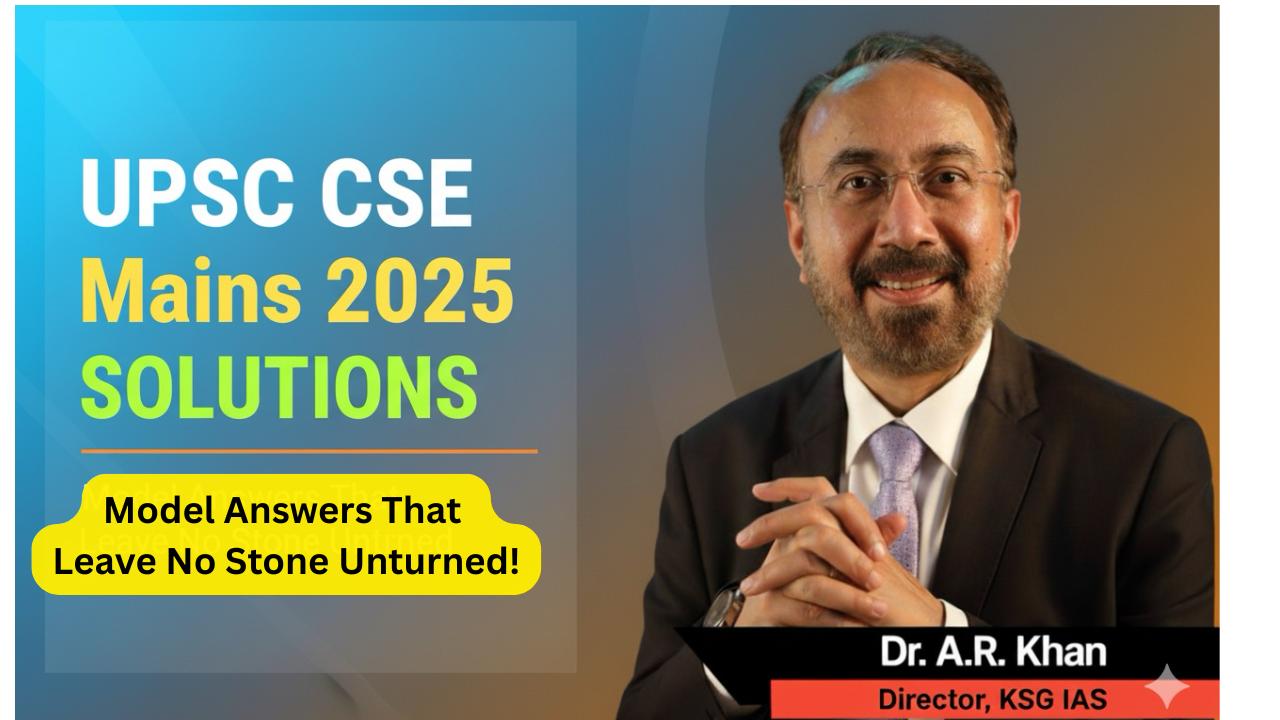Q1. Discuss the ‘corrupt practices’ for the purpose of the Representation of the People Act, 1951. Analyze whether the increase in the assets of the legislators and/or their associates, disproportionate to their known sources of income, would constitute undue influence and consequently a corrupt practice.
Introduction (2–3 options)
Legal intro:
The Representation of the People Act, 1951 (RPA) provides for conduct of elections and lays down what constitutes “corrupt practices” in order to ensure free and fair elections, the bedrock of democracy.
Constitutional intro:
Free and fair elections are part of the basic structure (Kesavananda Bharati case, 1973). RPA’s provisions on corrupt practices operationalize this constitutional mandate.
Contextual:
Recent debates on rising legislators’ wealth, opaque election financing, and criminalisation of politics highlight gaps in the existing definition of corrupt practices under RPA.
Body
1. Corrupt Practices under RPA, 1951 (Sections 123 & 136)
According to Section 123, corrupt practices include:
- Bribery: Offering gratification to voters.
- Undue Influence: Interfering with free exercise of electoral right (e.g., threats, spiritual coercion).
- Appeal on Grounds of Religion, Caste, Community, Language: Use of divisive identities in campaigning.
- Use of Government Machinery/Resources: Misuse of official position for electoral gains.
- Publication of False Statements: Maliciously discrediting opponents’ character.
- Exceeding Election Expenditure Limits: Concealment/misreporting of spending.
- Booth Capturing, Personation, or Fraudulent Voting.
These practices can lead to disqualification of a candidate (Sections 8A & 100 RPA).
2. Issue of Legislators’ Disproportionate Assets
- Legislators are mandated to disclose assets and liabilities (Section 33 RPA, SC ruling in Association for Democratic Reforms, 2002).
- Problem: Significant increases in assets of legislators between elections have been observed.
Legal Position:
- Disproportionate assets → offence under Prevention of Corruption Act, 1988, but not automatically a “corrupt practice” under RPA.
- Unless proven that wealth was used to bribe, influence, or intimidate voters, it does not fall under “undue influence.”
- Supreme Court view: In Lily Thomas v. Union of India (2013), disqualification can occur upon conviction for corruption, but not merely for possessing disproportionate assets unless proven in a competent court.
3. Critical Analysis: Assets & Undue Influence
Yes, Potential Link:
- Illicit wealth can distort level playing field, funding vote buying, and creating indirect undue influence.
- Public perception of wealth accumulation could erode electoral fairness.
No, Legal Gap:
- Current RPA does not define disproportionate asset increase as corrupt practice.
- Need for evidence that wealth was used directly to manipulate voters.
Way Forward:
- Strengthen asset disclosure & auditing by Election Commission.
- Link unexplained asset increases with automatic investigation and possible electoral disqualification.
- Reform RPA to expand scope of “corrupt practices” in line with transparency goals.
Sweet Spot – Table
| Current RPA Corrupt Practices | Legislators’ Rising Assets | Gap |
|---|---|---|
| Bribery, undue influence, religious appeal, false statements | Assets increasing by 200–400% between elections (ADR reports) | Not considered corrupt practice unless linked to voter manipulation |
Conclusion (3–4 options)
Balanced:
RPA, 1951 ensures fairness by defining corrupt practices, but does not yet cover wealth accumulation of legislators as corrupt practice.
Policy-linked:
To uphold level playing field & integrity of elections, reforms in RPA are needed to bring disproportionate assets under scrutiny as potential undue influence.
Philosophical:
In a democracy, perception of corruption is as corrosive as actual malpractice; hence, unchecked asset rise of legislators undermines faith in electoral justice.
Forward-looking:
India@2047 must move towards “clean elections, clean politics”, by synchronizing RPA with anti-corruption laws to treat disproportionate assets as a threat to free choice of voters.

